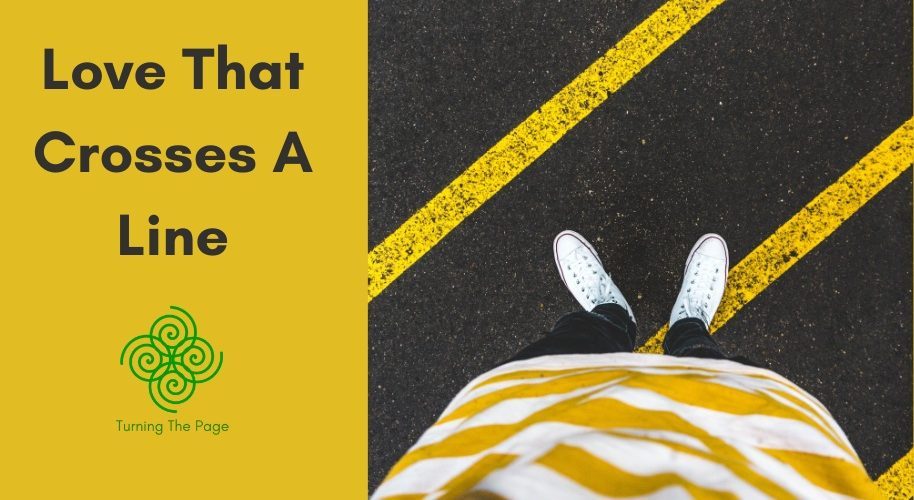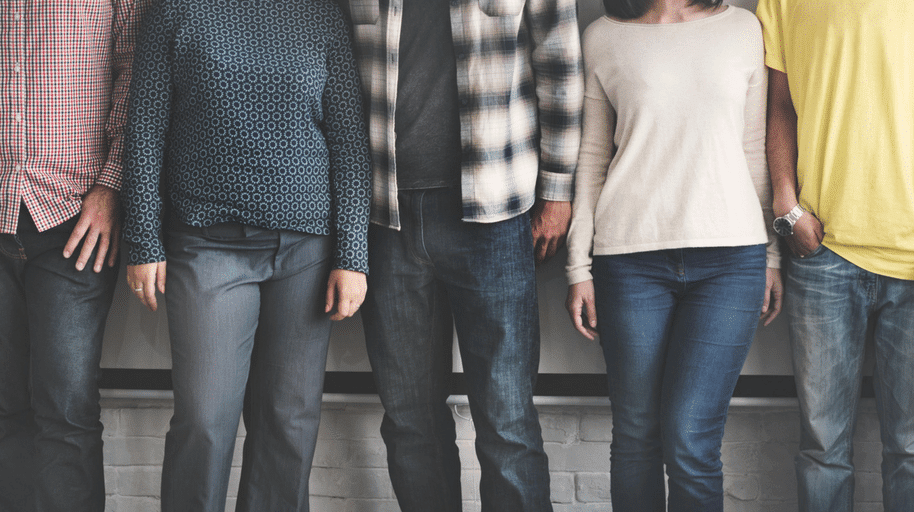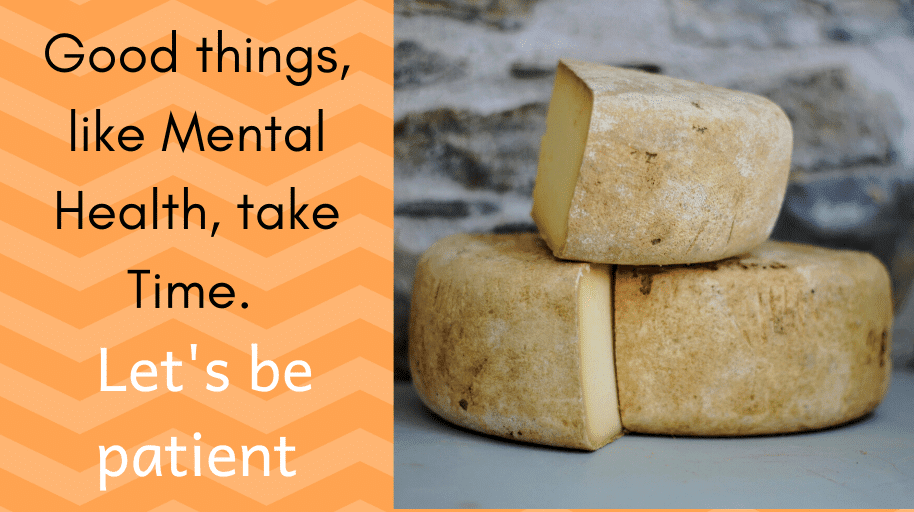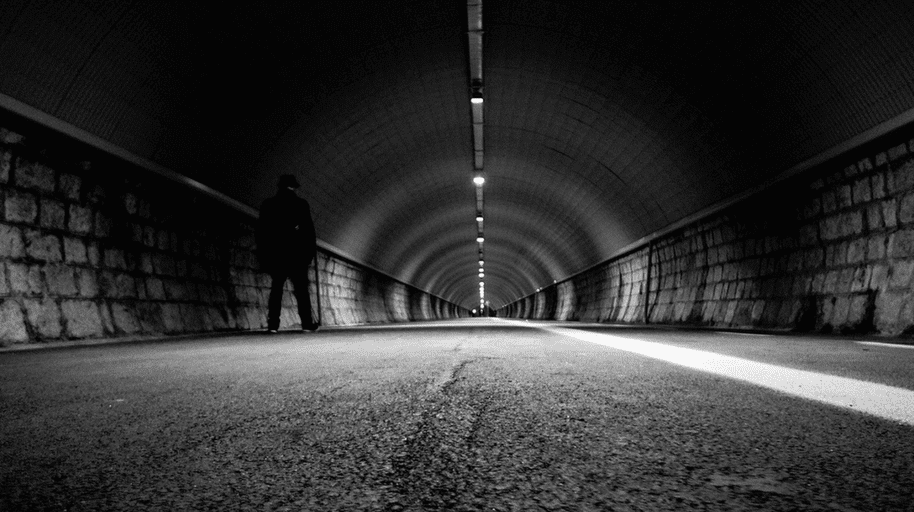When we’re half dead and want to be fully alive, we need a love that crosses a line.
He was half dead. She had been stripped naked.
They had worked him over, taking enjoyment from the assault.
I leaned down over her nakedness and heard a whisper, ‘Help me.’
I saw beauty under her bruises. I saw his potential slipping away. I saw it all, felt it all.
I had crossed a line. I was in their world now.
Others walked up, noticed, and avoided. I held her close, hoping something of my life would breathe into her. He draped his arms over me, fingers clasping for connection.
I didn’t have much to offer, but all that I had, I gave.
‘Stop walking by,’ I screamed at all the self-righteous with their self-protective rules. They would look with millisecond attention, focus elsewhere, then quicken their pace.
The thugs who had assaulted this naked soul were probably still around. Perhaps I would be next.
Love crosses a line.
Love crosses a line
The relationship between the first woman and the first man must have been incredible. Sure, there was a line around the unique identity that was a man, and that was a woman. They were different but also complementary.
There was a deep desire to outdo the other in the expression of love. So it flowed. It overflowed. One into the other and back again.
No hint of selfishness or holding back. No walls or hiddenness.
The line was there, they knew they were different from each other, but there was such an openness to both give and receive.
Love crossed a line where they didn’t even know a line existed.
Lines with walls
We now have walls built on top of our lines: fences, barricades, and even razor wire in some cases.
A little hurt here and there, and we build a wall. The wall becomes thicker and higher with repeated experiences.
The ‘I will never let my heart be hurt like that again’ sentence becomes a mantra most likely learned as a little child. Repeated over and over again, it becomes an anthem.
Repeated experiences of abuse, both small and large, help validate our wall-building program.
We are secure inside our walled city. Isolated but safe. Alone but in control. Strong, but actually fragile.
But we need community. Someone to leave their travel plans and venture into the ditch where we are half-dead. Someone who wants to see us become fully alive.
Can we be vulnerable to some line crossing?
To love at all is to be vulnerable.
Love anything and your heart will be wrung and possibly broken.
If you want to make sure of keeping it intact you must give it to no one, not even an animal.
Wrap it carefully round with hobbies and little luxuries; avoid all entanglements.
Lock it up safe in the casket or coffin of your selfishness.
But in that casket, safe, dark, motionless, airless, it will change.
It will not be broken; it will become unbreakable, impenetrable, irredeemable.
To love is to be vulnerable. The Four Loves
A good neighbor crosses lines
Jesus tells a parable of what vulnerable love looks like.
A man was going down from Jerusalem to Jericho, and fell into the hands of robbers, who stripped him, beat him, and went away, leaving him half dead.
Now by chance a priest was going down that road; and when he saw him, he passed by on the other side.
So likewise a Levite, when he came to the place and saw him, passed by on the other side.
But a Samaritan while travelling came near him; and when he saw him, he was moved with pity.
He went to him and bandaged his wounds, having poured oil and wine on them. Then he put him on his own animal, brought him to an inn, and took care of him.
The next day he took out two denarii, gave them to the innkeeper, and said, “Take care of him; and when I come back, I will repay you whatever more you spend.”
Which of these three, do you think, was a neighbour to the man who fell into the hands of the robbers?’
He said, ‘The one who showed him mercy.’ Jesus said to him, ‘Go and do likewise.’
This agape love leaps across mountains and bounds over hills (Song of Solomon 2:8). It runs through bands of robbers and thieves and jumps over walls built high. (Psalm 18:29)
It’s absurd to the rationalist and rule-bound.
It’s real, costly, and puts the lover at risk. It kisses the leper and breathes life into corpses.
The legalists, the accountants, the Pharisees, and the scribes will definitely look down upon it. They will critique the gifts poured out as much as they did the woman who kissed and poured perfume over the feet of Jesus. (Luke 7:36-39)
To Cross a Line is to take a risk.
To show us love, God crossed a line. God came to us in the form of someone like ourselves – Jesus. We killed God on a cross. Christianity is the only religion in the world where God dies.
Love died and rose again.
Now we are called to take a risk and cross a line.
It doesn’t have to be large. It could be giving someone a glass of water or some clothes. On the other hand, it might be visiting someone imprisoned by illness, poverty, or crime (Matthew 25:31-46). Crossing a line, moving beyond self to enter another self, always carries an element of risk.
Would you do it for me?
Do for one, what you wish you could do for everyone.
Quotes to consider
- Our charity must be real and costly love, with deep feelings for the sins in spite of which we love the sinner – no mere tolerance, or indulgence which parodies love as flippancy parodies merriment. Next to the Blessed Sacrament itself, your neighbour is the holiest object presented to your senses … for in him also Christ ‘vere latitat’ – the glorifier and the glorified, Glory Himself, is truly hidden. The Weight of Glory
-
If I speak with human eloquence and angelic ecstasy but don’t love, I’m nothing but the creaking of a rusty gate.
If I speak God’s Word with power, revealing all his mysteries and making everything plain as day, and if I have faith that says to a mountain, “Jump,” and it jumps, but I don’t love, I’m nothing.
If I give everything I own to the poor and even go to the stake to be burned as a martyr, but I don’t love, I’ve gotten nowhere. So, no matter what I say, what I believe, and what I do, I’m bankrupt without love. 1 Coronthians 13:1-3 -
When we honestly ask ourselves which person in our lives mean the most to us, we often find that it is those who, instead of giving advice, solutions, or cures, have chosen rather to share our pain and touch our wounds with a warm and tender hand. Henri J.M. Nouwen
- Research teaches us that the capacity to reach out to others for help in dealing with fear and pain is the best single remedy for emotional injury. Whether the person is struggling with the effects of combat, rape, or childhood injury, the best predictor of trauma resolution is good social support. Terrence Real, I Don’t Want To Talk About It
- Friendship is born at that moment when one person says to another: ‘What! You too? I thought I was the only one. C.S. Lewis
- The opposite of love is not hate , it’s indifference. Elie Wiesel
- Where there is great love there is always miracles. Willa Cather
- Human life must be about more than building boundaries, protecting identities, and teaching impulse control. Richard Rohr
Questions to answer
- What do you think of the sentance ‘Christianity is the only religion in the world where God dies.’ ?
- Who would you cross a line for?
- Who has crossed a line for you (please dont say Jesus) and entered into your distress?
Further reading
Barry Pearman
Photo by Will on Unsplash





